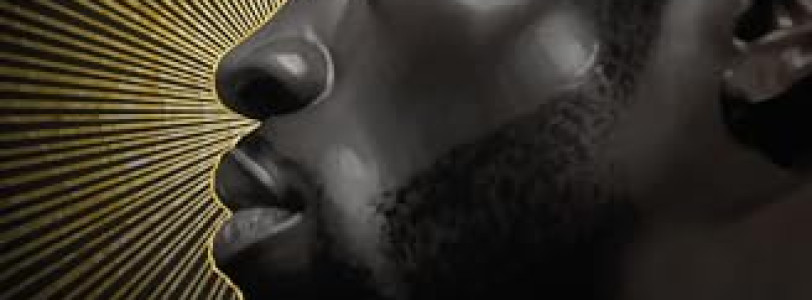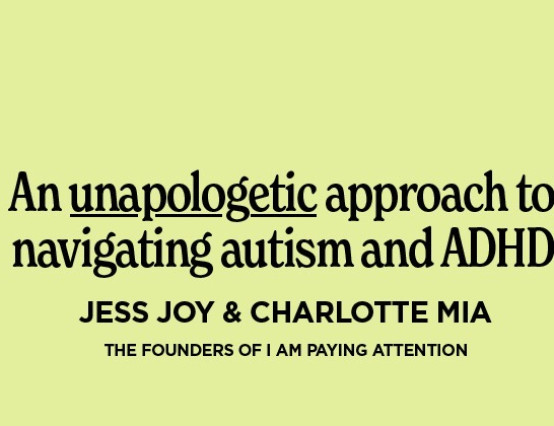The book details about Akande’s upbringing and how he had multiple father figures that contributed to the man and then father he later becomes.
He views male figures as integral to his development as a human being but that’s not to say that there’s also implication that the female figures in his life also contributed to the man he becomes. Whether it be through their sense of care and protection for their children and their relatives but also that
The book delves into topics of grief, guilt, mental health and resilience that’s needed through the difficult times the characters may face.
The book is presented as a transcription of the recordings made by Akande during his fatherhood, where he recounts and recalls his own story but most importantly his family’s story.
This book does deal with the topic of difficulty faced with dual heritage and citizenship in that there’s hardship faced in being able to justify why you deserve British nationality.
The book has a lot of potential and is very good in the sense that it chose to discuss topic of fatherhood from a generational perspective. However, it’s still very shallow in its discussion as it doesn’t delve into a deep presentation of a perception of what it means to be a father to each respective male figure within Akande’s family. It would’ve been much better to make the book longer and write in the 1st person perspective of each father that Akande has come across: his grandfather, his father, his stepfather, his Uncle Taj. Of course, and still having his own personal account as well. This would better resolve any curiosity over how these male figures think as individuals and how they have their own personal subjective views of what is to be a father and what makes one. For example, I was particularly curious in delving more into the mindset of Akande’s father, who in a tape-recorded interview distanced his present-self from his abusive past-self as he recounts the story of his abusive nature towards Kunle, Akande’s half-brother, which took place due to Kunle confessing to his mother that his dad had an affair. Within this interview, Akande’s father states how he imposed his insecurities on Kunle due to feeling betrayed by him and this could evoke a debate of moral ethics and question what family values are and see how that can be dependent on culture and the generation.
Another section of the book that I thought could be further developed is when Akande goes to university as a young Nigerian man who has recently emigrated to the UK in the early 21st century. I think there’s a lot you can play with here in that the situations and circumstances that can arise from being in a setting that sometimes can be like a microcosm of society. For example, when Akomolafe describes Akande going to university he briefly describes the experience as to be where he gains a degree and utilizes that to move onto the next stage in his life. It would’ve been great to be introduced to other constructs besides his family that could’ve influenced his upbringing into adulthood within a foreign country. I think that would much better complete the picture of how Akande has grown and developed into the person he is by the end of the book.
Additionally, despite Tobi transcribing the book that is ‘Father-Time Continuum’, it would’ve been great to be able to read his perspective on his great-grandfather’s, Akande, feelings displayed such as guilt, grief and love – questions that can be provoked are: how did it make Tobi feel and did that lead him to internalize anything.
Overall, the book is great in that it has loads of ideas that can be played but still needs improvement to reach its full potential as a book.






0 Comments